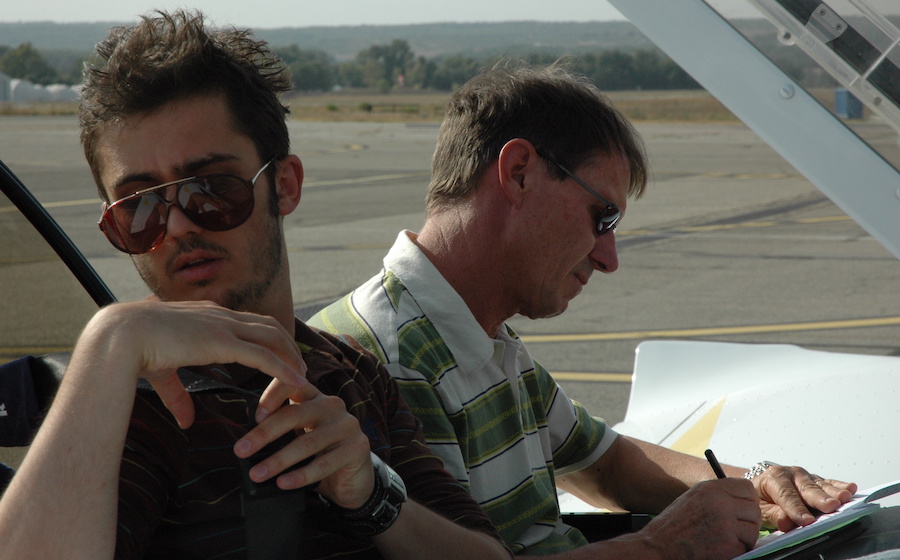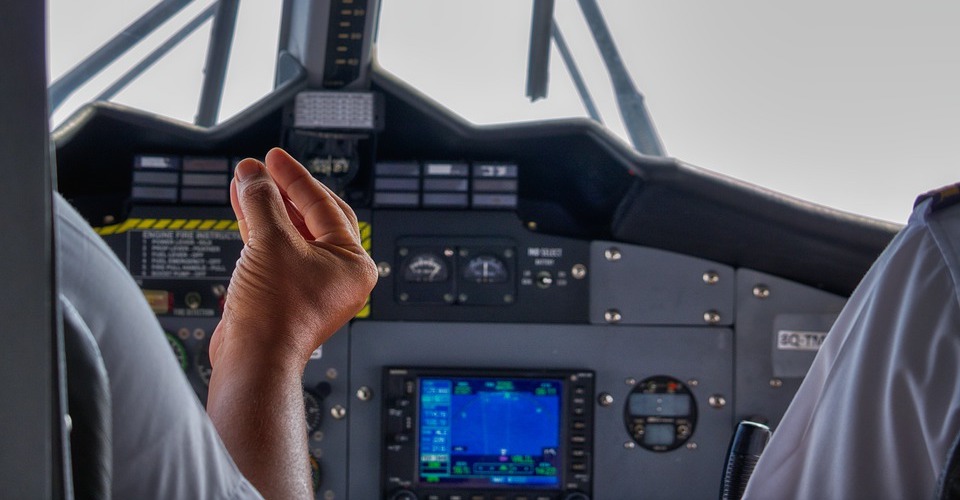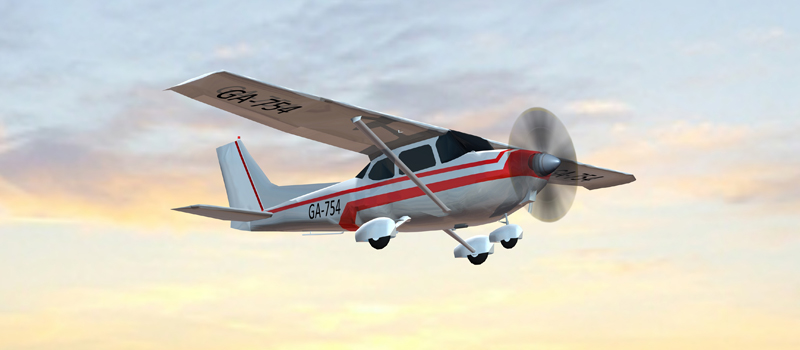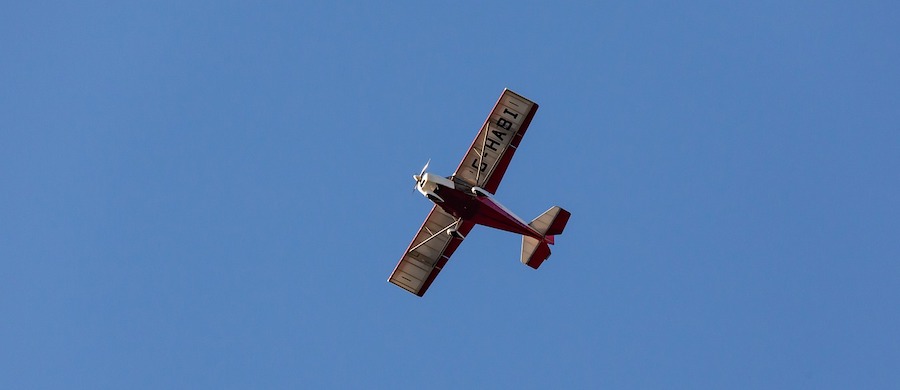The day of your private pilot checkride is approaching. You’ve spent countless hours (and dollars) preparing. You’re nervous and stressed out. The Designated Pilot Examiner (DPE) is intimidating. I’ll let you in on a little secret: It’s okay to be stressed!
As an instructor, despite having done hundreds of check flights myself, I still get nervous, and any pilot who says they don’t will probably tell you they always grease their landings, too. Remember, if an instructor has endorsed you to do the checkride, they believe that you are ready, and it’s their job to know if you’re ready.
Here are the best tips from my personal experience to help you pass your checkride, so start getting your wallet ready for your new pilot’s license.
Rest the Day Before
Plan on taking the day before your checkride off to spend it preparing. If you do not dedicate time to prepare, you risk running out of critical study time before your checkride.
Getting enough sleep the day before the checkride is essential. Sleep deprivation will cause mood changes, memory issues and interfere with concentration, among other problems. Go to bed early – your pilot licensed future self will thank you.
Ensure Your Paperwork Is in Order
Ensuring that your paperwork is in order before your checkride will substantially reduce your stress level. Begin by double-checking that you are indeed eligible to take the checkride (FAR 61.103) and that all supporting documents are ready for the DPE.
Ensure that you keep documents and records up to date, neat, and cataloged for easy reference. Using folders and binders for documents will keep them organized. Collect airfield and weather information beforehand, too, if possible.
If your paperwork is a mess, it will reflect poorly on you as an aviator.
Train Hard, Test Easy
If you have yet to do your flight with an instructor who will endorse you for the checkride, ask them not to go easy on you. The more intense your training and preparation, the easier the test will be. I’m not saying be unreasonable on yourself – just raise your standards, and you’ll notice that checkrides become easier.
Communication Is Key
One of the most important factors concerning your checkride is communication; Not necessarily radio communication, but communication between you and the DPE. Most private pilot checkride failures occur due to a misunderstanding between:
- The student and their instructor concerning what will be required during the checkride, or;
- The student and the DPE during the flight.
If you are unsure about something, just ask! The DPE can’t read your mind and may interpret your confusion as incompetence.
Treat the Flight as You Would Any Other
The truth is, apart from a few extra exercises and landings, your checkride flight will not be far different from a flight that you will be performing after you receive your license. Treat the flight as you would normally.
Even though this is technically a training flight, you can expect to act as if you are the Pilot in Command (PIC). If you feel uncomfortable during an approach – go around. If the weather is marginal, cancel the flight before you depart or divert as required.
The DPE has one flight to see if you can bear the responsibility of flying by yourself and taking passengers. The DPE will not prevent you from making mistakes. It’s okay to make mistakes. No pilot is immune from making mistakes. As long as you can correct them, and they’re not dangerous, you’ll prove to them that you’re competent.
Think, Then Do
During this entire process, your mind will give you a false perception of time, making it feel like you are performing too slowly, particularly during intense periods of the checkride. I have seen countless students perform an exercise beautifully during training, only to completely mess up the same exercise during a check flight the day afterward. Why is this? Your body has a fight or flight response. Great for avoiding tigers, not so great for staying calm and focused in an airplane. The trick to combating this? Slow down! If you can feel the pressure mounting, take a deep breath, think, then act.
Don’t Be Afraid of Not Knowing
The DPE tests higher-order thinking, not how well you can memorize information. The DPE will present you with scenarios that require your interpretation and application of knowledge.
Parrot learning questions will not help if you do not understand the question and the answer. If the DPE thinks you are regurgitating information without understanding it, they will ask you further questions.
When the DPE inevitably asks you a question that you understand but don’t know the answer to, don’t guess, be honest. As long as it is not an essential piece of information that you should’ve learned by now, and you know where to find the answer to the question, not immediately knowing shouldn’t be a problem. And if you don’t know where to find the answer, use this as an opportunity to learn!
You can’t be expected to know everything. If you have adequately prepared, there’s no point in being stressed about the inevitable question that you won’t be able to answer from memory.
Ask Your Flight School About the DPE
Every DPE has areas that they like to focus on; Ask some of the instructors or students who have flown with the DPE if there are any areas they emphasize or questions they regularly ask.
Remember, the DPE does have to stay within the Airman Certification Standards (ACS) framework.
Try to Learn Something
A pilot should constantly be learning. The best checkrides are the ones where you become a better pilot afterward.
The DPE has a wealth of knowledge built on years of experience, not to mention they are outstanding teachers. Don’t take this for granted, and use this opportunity to learn as much as possible.
However, there is a time and place for discussion, so try not to ask the DPE their favorite color halfway through a stall maneuver.
Conclusion
Relax! Obtaining your Private Pilot License is something to be very proud of, and it takes hard work – but don’t confuse hard work for impossibility. Passing your checkride is the beginning of a fantastic journey, and that is cause for excitement!


 @pilotinstituteairplanes
@pilotinstituteairplanes


